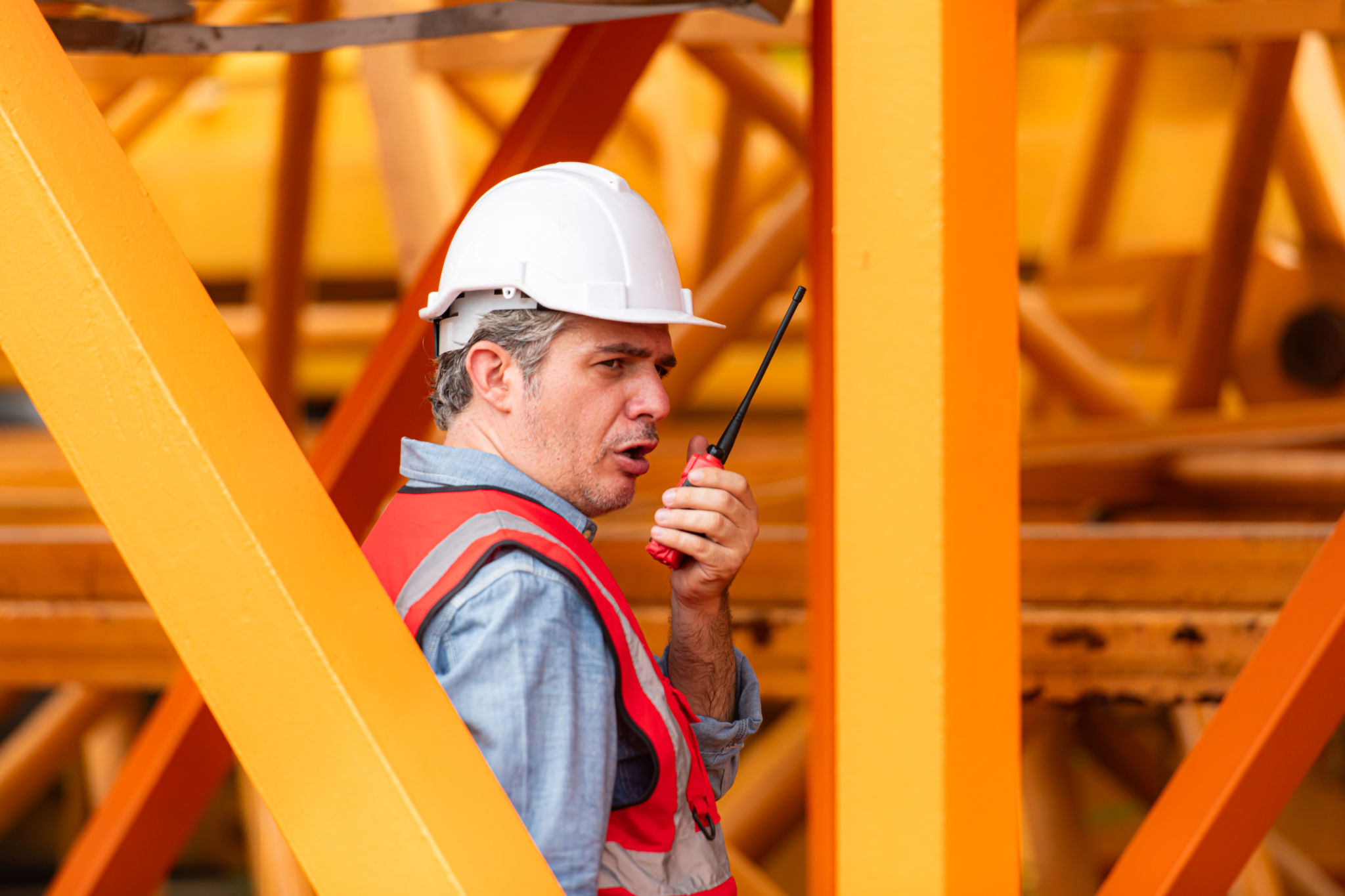Common Myths About Crane Training: What You Really Need to Know
KM
Understanding the Importance of Crane Training
Crane operation is a critical task in various industries, from construction to shipping. Despite its importance, many misconceptions surround crane training. These myths can deter individuals from pursuing proper training or lead to inadequate preparation. Understanding the realities of crane training is essential for safety and efficiency in the workplace.

Myth 1: Crane Training Is Unnecessary
One common myth is that crane training is unnecessary for experienced workers. Some believe that practical experience alone suffices for safe crane operation. However, formal training is crucial for understanding the latest safety regulations, technological advancements, and operational techniques. Without it, operators may be unaware of new industry standards and safety protocols.
Myth 2: One-Time Training Is Sufficient
Another misconception is that once you've completed crane training, there's no need for further education. In reality, crane operation involves continuous learning. Regulations and technologies evolve, and refresher courses help operators stay updated on changes. Regular training ensures that operators maintain their skills and adhere to the latest safety practices.

The Role of Certification in Crane Training
Certification is often misunderstood in the context of crane training. Some individuals believe it's merely a formality rather than a necessity. In truth, certification validates an operator's competence and understanding of safety protocols. It acts as a benchmark for employers to ensure that their team can handle equipment safely and effectively.
Myth 3: Certification Guarantees Expertise
A related myth is that certification alone guarantees a person's expertise in crane operation. While certification indicates a certain level of proficiency, it doesn't replace hands-on experience. Practical application of skills in various scenarios is essential for developing true expertise.

The Financial Aspect of Crane Training
The cost of crane training can be a deterrent for some, leading to the myth that it's an unnecessary expense. However, investing in quality training can prevent costly accidents and equipment damage in the long run. Proper training reduces the risk of workplace incidents, ultimately saving companies money.
Myth 4: Training Is Only for Large Companies
Some believe that only large companies benefit from crane training due to their extensive operations. In reality, businesses of all sizes gain from ensuring their operators are well-trained. Smaller companies might face more significant setbacks from accidents, making proper training even more critical.
Conclusion: Embracing Comprehensive Crane Training
Dispelling these myths highlights the importance of embracing comprehensive crane training. Recognizing the value of ongoing education, certification, and practical experience ensures that operators are prepared for any challenges they might face. Ultimately, well-informed and trained operators contribute to a safer and more productive work environment.
